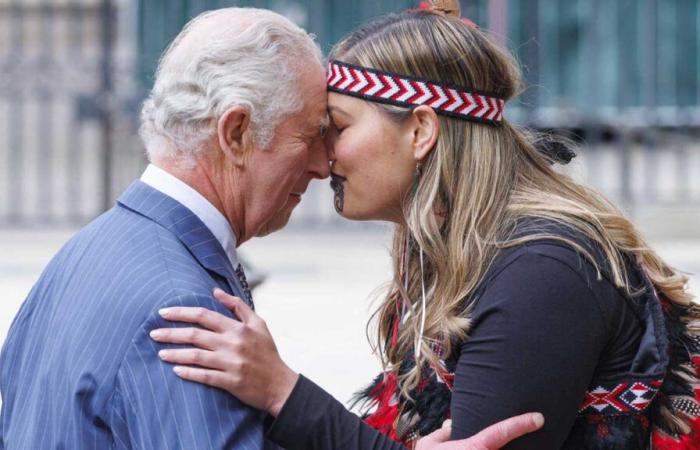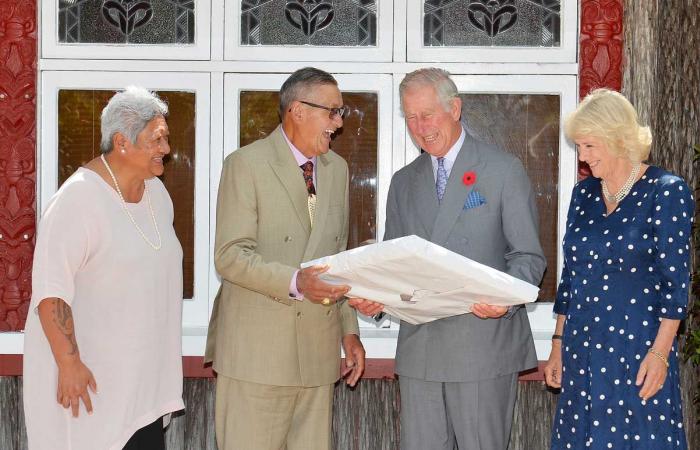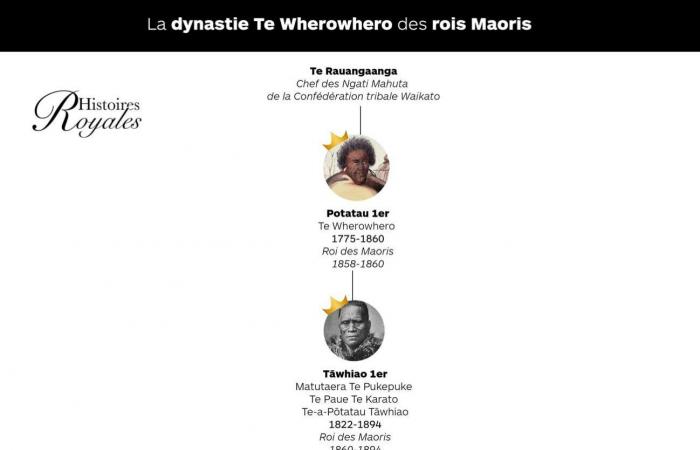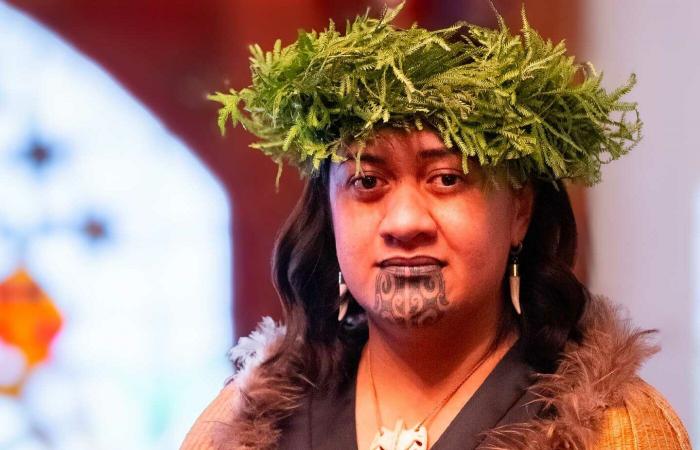Following the proposed law aimed at redefining the rights granted to the indigenous population in New Zealand, the Maoris are taking to the streets. After several protests outside parliament, a group of Maori sent a letter to King Charles III urging him to intervene on their behalf. King Charles III is the head of state of New Zealand and his grandmother, Queen Victoria, laid the foundations for the protection of the Maori at the founding of the country, conditions which are now under threat.
Read also: Coronation of the new queen of the Maori who succeeds her father
Maoris send letter to King Charles III asking for help
In recent weeks, several protests have been organized in New Zealand, bringing together tens of thousands of worried and angry Maoris. New Zealand’s indigenous people fear new measures from the Conservative government, which could undermine the rights won in 1840 by the Treaty of Waitangi. This treaty is a founding document of the country, signed between the British Crown and more than 500 Maori chiefs.
This treaty made New Zealand a British colony under Queen Victoria. In 1907, the country gained independence by becoming a dominion and it became fully sovereign in 1947. However, New Zealand remained a Commonwealth kingdom, retaining the British sovereign as head of state. King Charles III officially holds the title King of New Zealand.
Also read: King Tuheitia has died: King Charles III is ‘in shock’ at the sudden disappearance of the king of the Maori
Fundamental foundations of the Treaty of Waitangi under threat
The recent visit of King Charles III to Australia was a reminder of how the relationship between the Commonwealth of Oceania kingdoms and the British Crown can sometimes be complicated. During his trip in October, King Charles III was attacked by an Aboriginal senator, evacuated manu militari from parliament after her scandals. In New Zealand, the relationship with the sovereign is calmer and discussions for a republican transition are not on the agenda. King Charles III also had excellent relations with King Tuheitia Paki, the King of the Māori who died on August 30, 2024. King Charles III had “ was deeply saddened” and declared to be “in shock” after learning of the death of the Maori king. SHis daughter, Ngā Wai Hono i te Pō, succeeded him as Queen of Māori. The Maori king and queen perform customary functions and do not benefit from constitutional recognition. The New Zealand government, however, tries to maintain cordial relations with the Maori sovereign, in particular allowing him to represent New Zealand at royal events abroad. The King of the Maoris had, for example, attended the funeral of Queen Elizabeth II and the coronation of King Charles III.
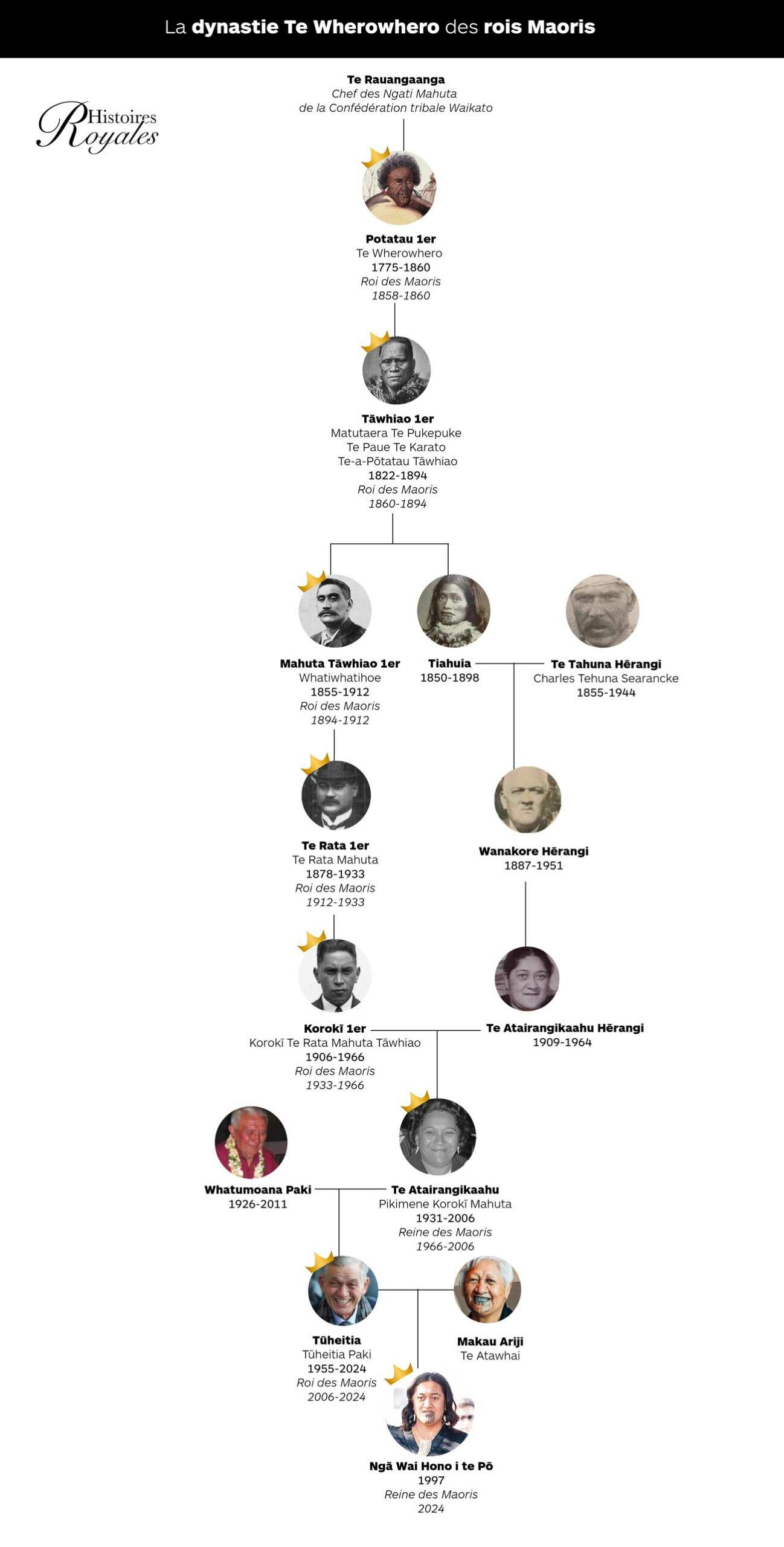
The new Queen Ngā Wai Hono i te Pō was among the demonstrators during the latest Maori protests outside the New Zealand parliament. To make themselves heard, the Maoris decided to send a letter, from the National Iwi Chairs Forum, to King Charles III. This forum is a group that represents Māori and campaigns for their rights. The letter asks the king to intervene to remind the New Zealand government of its obligations to the Māori people. The Maoris remind King Charles of the historic links that have existed for several centuries between the British Crown and the indigenous population.
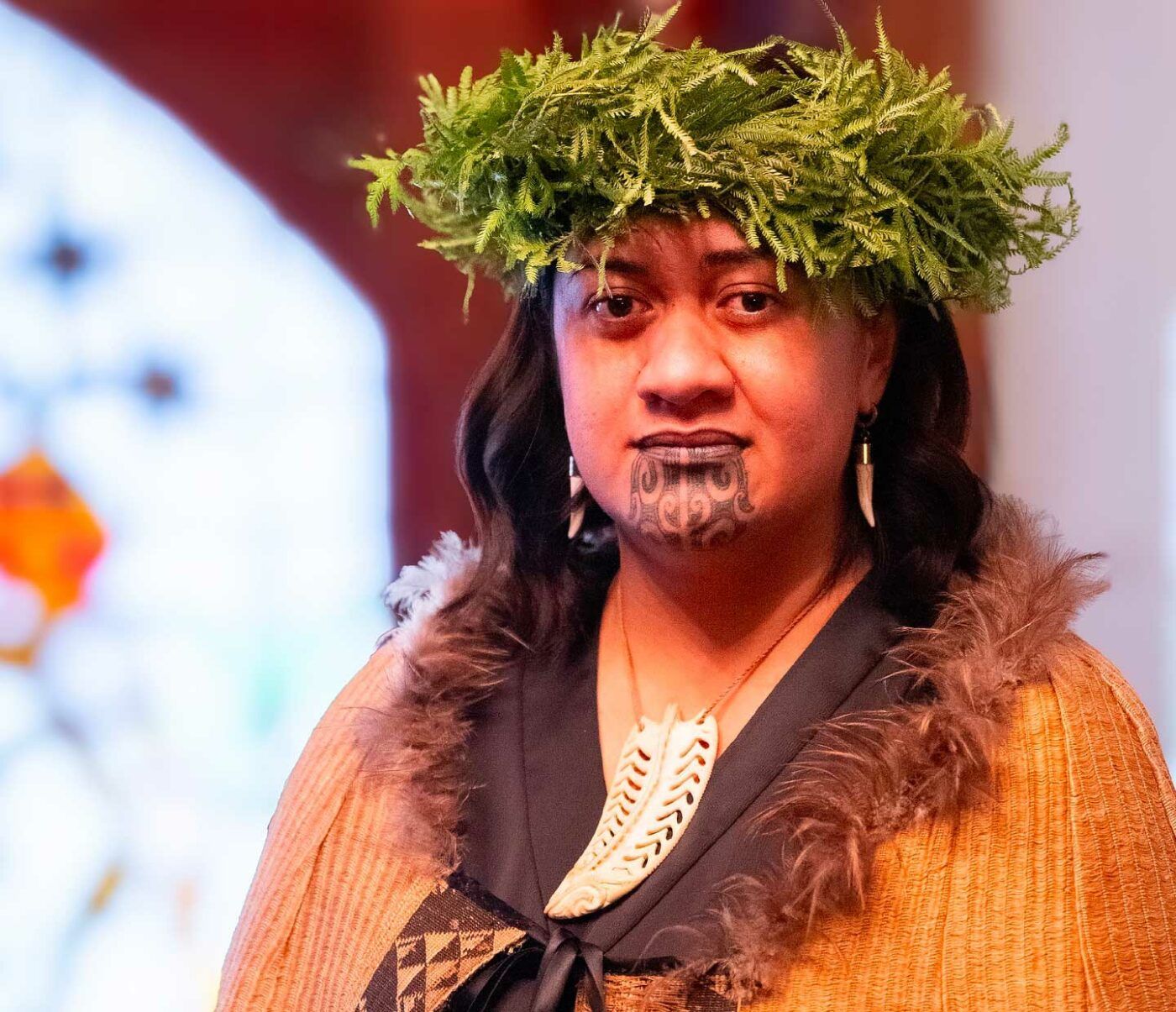
Also read: King Tuheitia’s funeral on the Waikato River
Although the treaty dates from the 19th century and satisfied the indigenous populations of New Zealand to Queen Victoria, this document nevertheless guaranteed respect for indigenous rights. For example, Article 3 states that Queen Victoria “extends his royal protection to the Natives of New Zealand” but also, it gives these Natives “all the rights and privileges of British subjects”. These rights and privileges are detailed in other articles, including granting Maori a right to their land, which was a considerable exception at the time when compared with the treatment reserved for other British colonies.
Indigenous activists are concerned about the decline in the use of the Māori language in public services and the dismantling of institutions aimed at addressing health inequalities. These changes are seen as serious attacks on the hard-won rights of Māori people, who already face significant social disadvantage.
Māori took to the streets following legislation known as the Treaty Principles Bill, introduced in November. Supporters of this law, on the contrary, argue that divisions between Maori and non-Maori have arisen due to the Treaty of Waitangi, which grants certain rights and privileges to indigenous people. These rights would therefore create a system of duality for New Zealand citizens. David Seymour, leader of the ACT party which tabled this bill, believes that the establishment of quotas intended to remedy the under-representation of Maori in public institutions was “contrary to the principle of equal rights”. The Guardian reports the fears of the natives: “If this bill were to pass, it would be the most serious and complete violation of the Treaty…in modern times.”
In the letter addressed to King Charles III on December 11, Maori representatives ask the sovereign to intervene “to ensure that the government does not undermine the honor of the Crown” by not respecting a treaty signed by the British Crown. The Maoris remind King Charles of “promise of two peoples to take the best possible care of each other”. Local media 1News also reports the response of New Zealand Prime Minister Christopher Luxon who, for his part, “defends his government against allegations that it has eroded indigenous rights.”

